Pitt Latin American Series

In the Darkness of the Cinema
Gender and Moviegoing in Early Twentieth-Century Urban Brazil

Empires and Exploration
Richard Francis Burton's Travels in Brazil

Development Design
Hotels and Politics in the Hispanic Caribbean
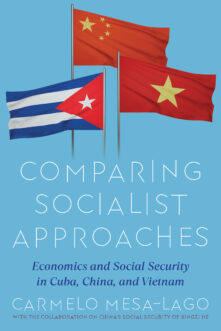
Comparing Socialist Approaches
Economics and Social Security in Cuba, China, and Vietnam
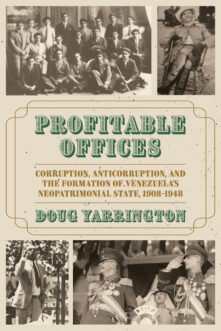
Profitable Offices
Corruption, Anticorruption, and the Formation of Venezuela’s Neopatrimonial State, 1908-1948
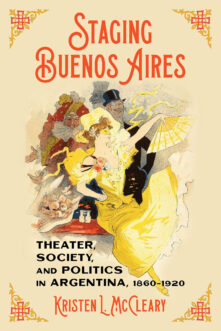
Staging Buenos Aires
Theater, Society, and Politics in Argentina, 1860-1920
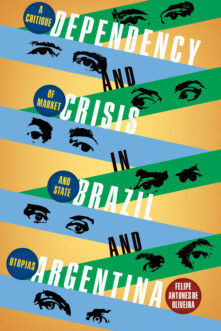
Dependency and Crisis in Brazil and Argentina
A Critique of Market and State Utopias
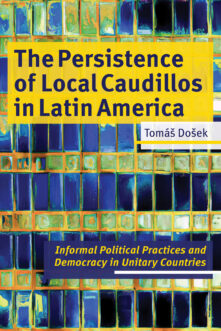
The Persistence of Local Caudillos in Latin America
Informal Political Practices and Democracy in Unitary Countries

The Weak and the Powerful
Omar Torrijos, Panama, and the Non-Aligned Movement in the World
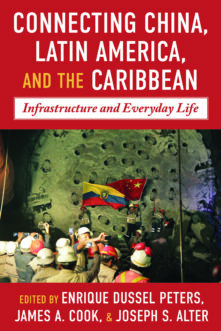
Connecting China, Latin America, and the Caribbean
Infrastructure and Everyday Life

Inka Bird Idiom
Amazonian Feathers in the Andes
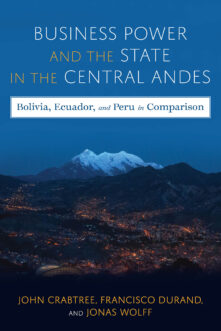
Business Power and the State in the Central Andes
Bolivia, Ecuador, and Peru in Comparison
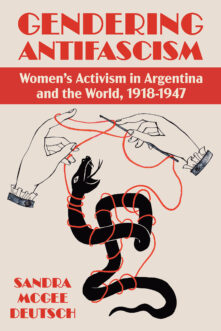
Gendering Antifascism
Women's Activism in Argentina and the World, 1918-1947

Conjuring the State
Public Health Encounters in Highland Ecuador, 1908-1945
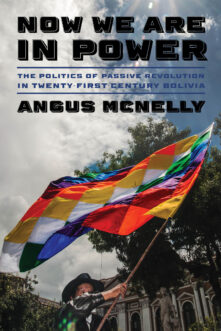
Now We Are in Power
The Politics of Passive Revolution in Twenty-First-Century Bolivia
Total 112 results found.

